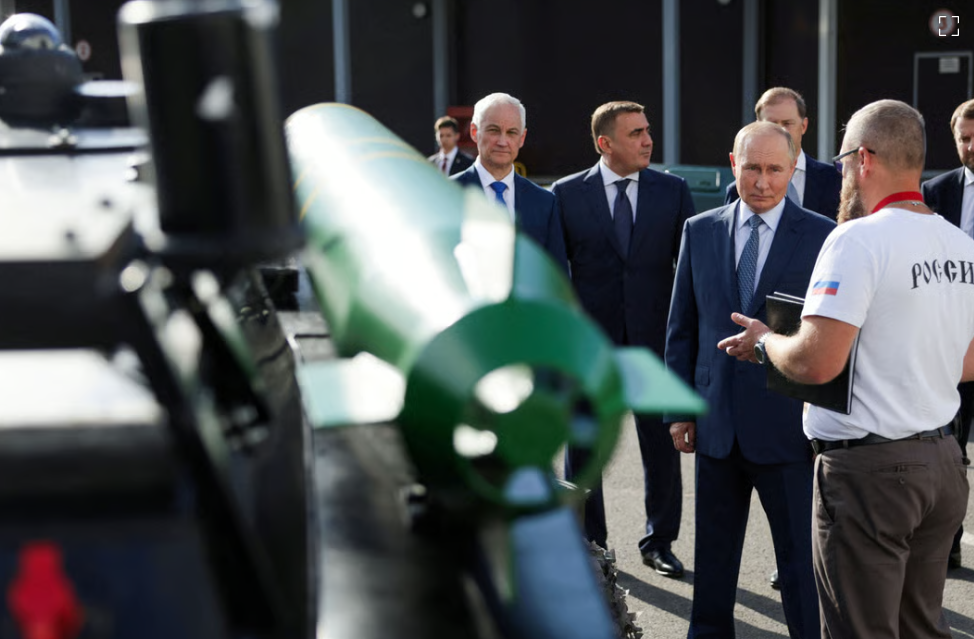In some parts of Europe, there are concerns about the social and economic impact of Ukraine’s accession to the European Union. Klara Lindström and Nicole Jeffler, researchers at the Stockholm Centre for Eastern European Studies, have analyzed the issue and debunked these exaggerated fears.
They address three of the most common speculations:
Myth 1: Ukraine’s agricultural sector will disrupt the EU market and drain subsidies.
Ukraine is one of the world's largest grain exporters with vast farmland, leading some European farmers to fear competition. Critics claim that Ukraine’s EU membership would make it the biggest recipient of subsidies under the Common Agricultural Policy (CAP), diverting funds from other member states.
Experts acknowledge that Ukraine’s accession will affect the agricultural sector, but there are mechanisms to mitigate and manage these impacts.
-
Transitional periods can be introduced to limit Ukrainian farmers' access to full CAP subsidies, similar to Spain’s EU accession in 1986.
-
Caps on subsidies and restrictions on large agribusinesses could be implemented.
-
Food safety standards would require reforms in Ukraine’s production sector.
-
Redirecting Ukrainian agricultural exports to third markets could ease competitive pressure within the EU.
According to the researchers, Ukraine’s accession could actually drive innovation and efficiency in the CAP, benefiting the EU as a whole while skillful management would minimize risks.
Myth 2: Ukraine’s EU membership will trigger mass migration.
Some fear that Ukraine’s lower wage levels will push millions of Ukrainians to seek work in the EU. However, the researchers note that:
-
Many Ukrainians already have temporary protection status, granting them residency, work, and social benefits across the EU.
-
Labor market safeguards exist—after the EU’s 2004 enlargement, 12 out of 15 member states imposed temporary restrictions on workers from new members for up to seven years.
Myth 3: Ukraine’s accession will strain EU economic support for other member states.
Critics argue that Ukraine’s economy and governance structures are unprepared for EU membership, which could burden the bloc financially. However, existing safeguards address this:
-
Cohesion policy funding caps prevent excessive financial redistribution.
-
Temporary protective measures on specific imports, as outlined in Article 144 of the Treaty on the Functioning of the EU, can be applied.
Moreover, Ukraine’s economy has significant growth potential, making its EU membership not just viable but economically beneficial for the Union.
Policy recommendations on dispelling the myths about enlargement
-
EU policymakers could invite EU citizens and sector representatives to regular enlargement dialogues in Brussels to provide a high-level platform for voicing concerns and engaging directly with policymakers.
- EU policymakers could launch a strategic communication campaign across Europe, in which EU representatives visit local communities to discuss the social and economic implications of enlargement.
- The European Commission could issue an official statement detailing the existing rules and potential temporary mechanisms intended to distribute the costs of enlargement over time and allow gradual adaptation by all parties.





















